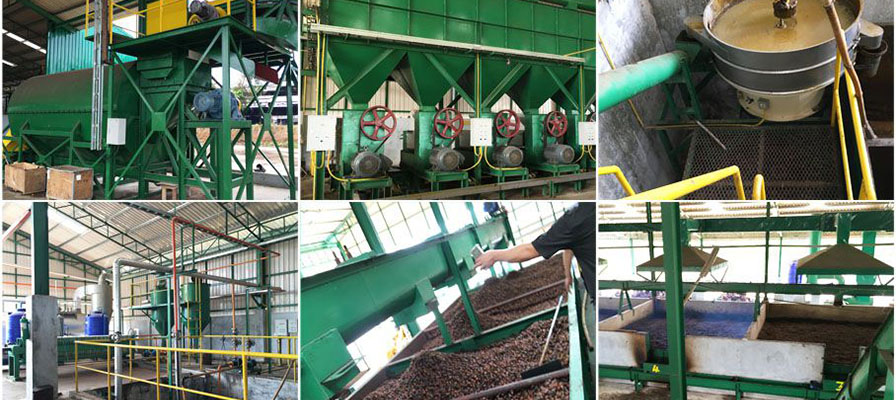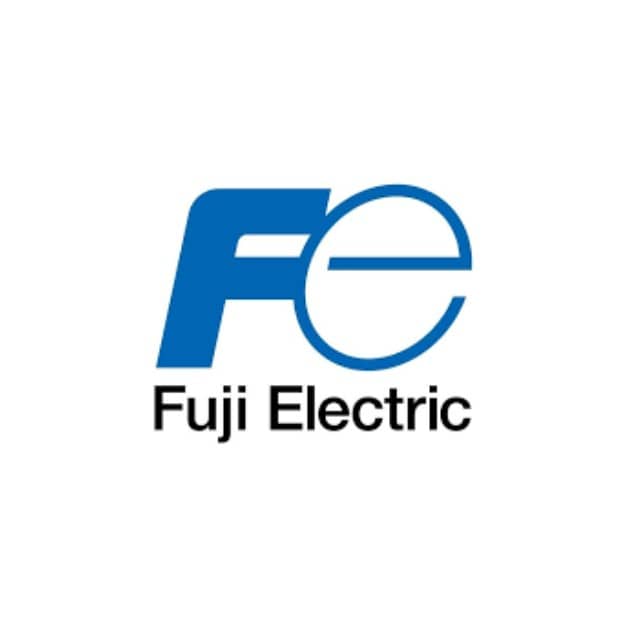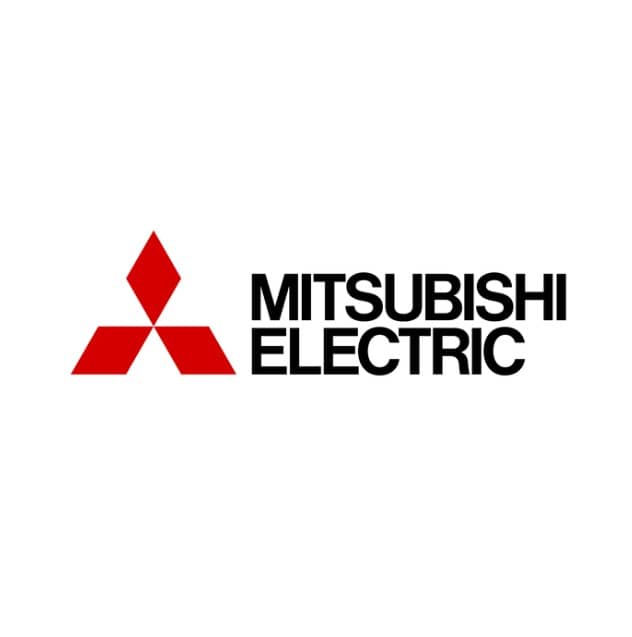- Home
- About Us
-
-
- Technoshot HMI
- Frenic Mini – Power Supply Voltage 1- Phase 200VAC
- Frenic Mini – Power Supply 3- Phase 400VAC
- Frenic Mega 3-Phase 400VAC Low Duty
- Frenic Mega 3-Phase 400VAC Heavy Duty
- Solar Mini- I Phase 200VAC
- Frenic Solar Mini – 3 Phase 400VAC
- Frenic Ace – GBLM3
- Frenic-eHVAC
- Frenic Ace High Performance Inverter 3-Phase 400VAC
- Frenic Lift Elevator Inverter 3 Phase 200VAC
- Frenic Lift Elevator Inverter 1 Phase 200VAC
- Vechi Electric
- Mitsubishi
-
- Projects
- Blog
- Contact
Oil Mill Automation

Oil Mill Plant Automation
Planning & Strategy
Lunawat Automation excels in comprehensive oil mill plant automation, integrating advanced technologies to optimize every stage of the oil extraction process. Their expertise enhances efficiency, reduces costs, and improves product quality through cutting-edge control systems and data analytics.
Lunawat Automation is a prominent player in providing comprehensive automation solutions, particularly excelling in the domain of oil mill plant automation. Their expertise lies in integrating cutting-edge technologies to streamline and optimize every stage of the oil extraction process. From automated seed handling and cleaning to precise crushing, oil extraction, and refining, Lunawat Automation delivers systems that enhance efficiency, reduce operational costs, and improve the overall quality of the final product. Their solutions often incorporate advanced control systems, sensors, and data analytics, enabling real-time monitoring, predictive maintenance, and improved decision-making for oil mill operators. By implementing Lunawat Automation’s solutions, oil mill plants can achieve higher throughput, consistent product quality, and a safer working environment.
Lunawat Automation, by specializing in oil mill automation, offers a comprehensive set of benefits that are critical for modern edible oil production. While specific proprietary features of “Lunawat’s” system aren’t detailed, the general advantages of a well-implemented oil mill automation solution, which Lunawat Automation would strive to provide, are significant:
Here are the benefits of Lunawat’s (or any robust) oil mill automation:
Optimized Oil Extraction Efficiency and Higher Yield:
Precise Process Control: Automation allows for fine-tuned control over crucial parameters like temperature, pressure, and flow rates during pre-processing (cleaning, de-hulling, conditioning), pressing, and solvent extraction (if applicable). This precision ensures maximum oil recovery from the raw material.
Minimized Oil Loss: Consistent operation and accurate control reduce oil spillage, residual oil in cake, and other forms of waste that can occur with manual processes.
Consistent Material Feeding: Automated systems ensure a steady and optimal feed rate of oilseeds into expellers or solvent extractors, preventing overloading or underloading, which can impact efficiency and machinery lifespan.
Enhanced Product Quality and Consistency:
Uniformity: Automation maintains consistent processing conditions, leading to a highly uniform final oil product in terms of color, purity, free fatty acid (FFA) content, and other quality parameters.
Improved Refinining Control: For refined oils, automation in degumming, neutralization, bleaching, and deodorization ensures precise chemical dosing and temperature control, resulting in a purer, clearer, and more stable oil.
Reduced Contamination: Automated systems minimize human intervention, thereby reducing the risk of contamination during various stages of oil processing, contributing to higher food safety standards.
Significant Cost Reduction:
Lower Energy Consumption: Optimized motor speeds, heating, and cooling cycles, managed by automation, lead to substantial reductions in electricity and steam consumption.
Reduced Manpower: Many manual tasks, from material handling to process adjustments and monitoring, are automated, leading to a leaner workforce and lower labor costs.
Minimized Raw Material Waste: Accurate weighing, efficient extraction, and reduced spillage contribute to a higher yield from the raw oilseeds, directly cutting down on raw material expenses.
Predictive Maintenance: Automation systems often integrate predictive maintenance, monitoring equipment health to anticipate failures. This prevents costly breakdowns, extends equipment life, and reduces unexpected repair expenses.
Improved Operational Reliability and Uptime:
Continuous Operation: Automated oil mills can run for extended periods without interruption, maximizing production hours.
Fault Detection and Alarms: The system can quickly detect anomalies or equipment malfunctions and trigger alarms, allowing operators to address issues promptly and prevent major breakdowns.
Remote Monitoring and Control: Many modern automation systems allow operators to monitor and even control mill operations remotely, increasing flexibility and responsiveness.
Enhanced Safety:
Reduced Human Exposure to Hazards: Automation handles tasks in hot, dusty, noisy, or chemical-laden environments (e.g., solvent extraction areas), significantly reducing human exposure to potential hazards.
Automated Safety Interlocks: The system integrates safety interlocks and emergency shutdown procedures, minimizing the risk of accidents and ensuring compliance with safety regulations.
Data-Driven Insights and Decision Making:
Real-time Data Collection: Automation continuously collects vast amounts of data on production rates, energy consumption, quality parameters, and equipment performance.
Analytics and Reporting: This data can be analyzed to generate comprehensive reports, identify trends, pinpoint areas for improvement, and optimize overall plant performance.
Improved Management Control: Access to real-time, accurate data empowers management to make informed decisions quickly, leading to better resource allocation and strategic planning.
By leveraging these automation benefits, Lunawat Automation helps oil mills become more competitive, sustainable, and profitable in the dynamic edible oil market.
Enquiry Form
Authorized Dealer




